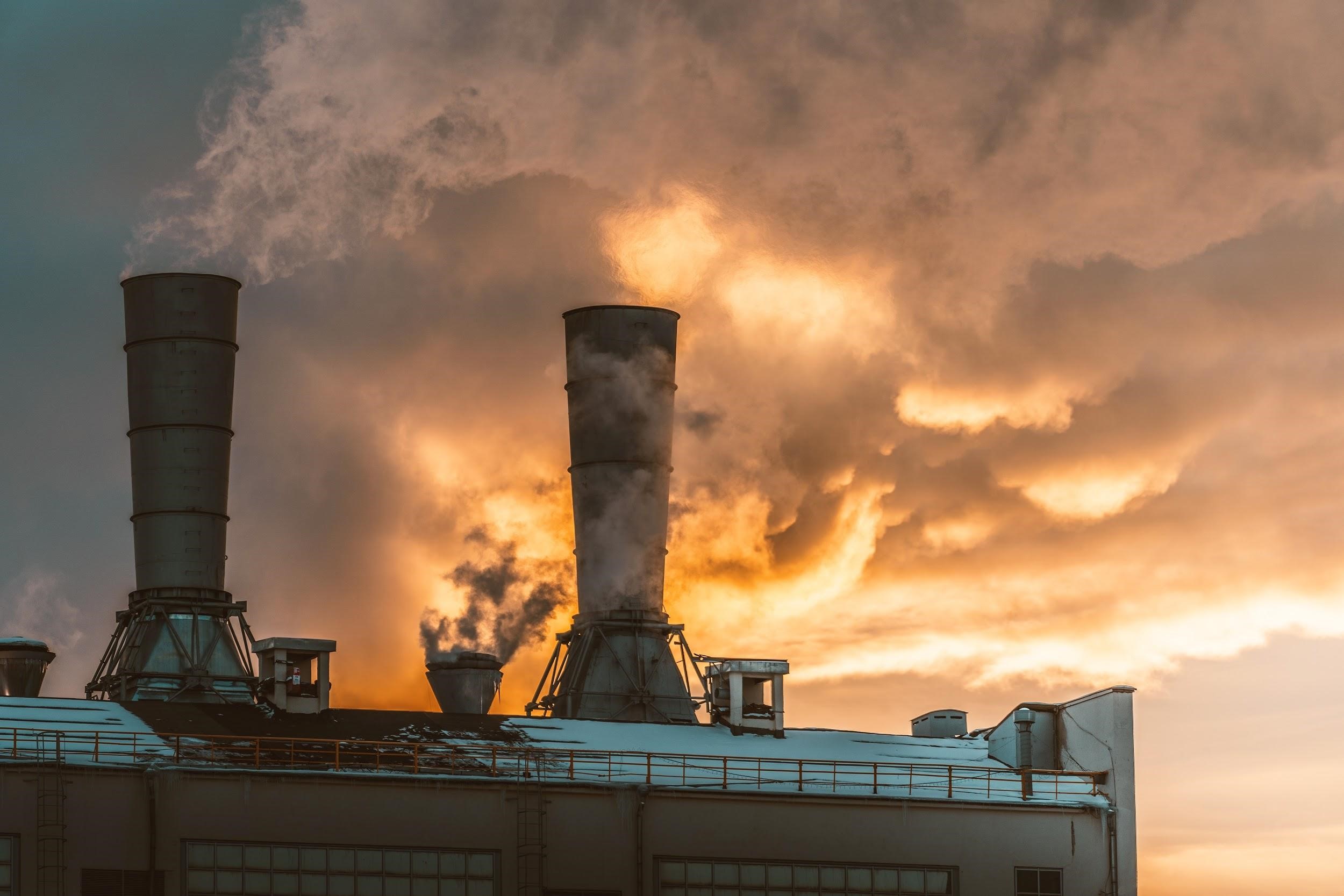Environmental threats that come with the increasing economic activities are:
Food production
- Leeching – As the production of fertilizers rises due to increased demand for agricultural products, the leeching of nutrients occurs. Leeching is the loss of water from water-soluble plant nutrients from the soil, due to rain and irrigation. Soil composition, structure, crop planting, application rates and types of fertilizers, and many other factors are taken into consideration to prevent excessive loos if nutrients.
Leeching can also refer to the method of applying a small amount of excess irrigation where the water has a high salt content to prevent salts from building up in the soil. Some drainage should also be provided to put the excess water away.
Leeching becomes a concern when it contributes to the polluting groundwater. Human is responsible for leeching when he:
1. Dumps hazardous wastes and creates landfills
2. Excessive use of fertilizers
3. Improperly store animal manure
4. Improperly use biocides (insecticides, pesticides, herbicides and fungicides) - Deforestation of an area – To fulfil the needs of the population, existing agricultural lands are not enough, thus, more forest area is cut down and are filled with chemical sprays, fertilisers and biocides to make it more intensely cultivable. This leads to the destruction of forests on a large scale.
- Destruction of the habitat of wildlife – Loss of habitat is a major consequence of deforestation that creates problems for wildlife living in the forest. This eventually leads to disturbances in the food chain. If we don’t stop the cutting down of our forest, there is not much we can do to save our many plants and animals species to go into extinction. Many species of plants and animals have either entered the endangered or vulnerable category and many other species have already become extinct. Even the small insects like a bee play an important part in the environment. Bees work as a pollinator for many plant and crops, the absence of which directly affect the growth of these plants and crops. On June 2018, European Union Environment adopted a first-ever pollinators’ initiative with three priorities to spreading knowledge about the pollinator’s decline, causes and consequences; tackling the problem of decline, and raising awareness.
Industry
- Loss of habitat – Again, the establishment of big industries lead to deforestation and consequently the loss of habitat.
- Acid rain – the Increasing release of harmful gases like SO2 and NO2 in the atmosphere leads to acidification of water that forms in clouds and precipitate in the form of acid rain.
- Impacts on food chains – loss of habitat contributes to the disappearance of numerous plant and animal species that disturb the food chain. There is dire need to prevent the extinction of key species (especially top predators) like tiger, eagle etc that are on the top of the food chain hierarchy.
- Emission of greenhouse gases – Emission of greenhouse gases has continuously contributed to the warming of temperatures and consequently have brought a change in weather patterns. Water vapour, NO2, CO2 and CH3 are the main greenhouse gases present in the atmosphere and these are being released in atmosphere in excess by industries.
- Global Warming – The rise in earth’s temperature due to the increasing amount of carbon dioxide is called global warming. Many countries on the international level have recognised the importance of tackling this problem and has been continuously working on the reduction of carbon emissions. Paris agreement is one such example, but recently the US backing out on Paris Agreement is a major setback to the environmental efforts.
Energy
- Use of fuel in vehicles creates pollution – World is moving towards a stage where it will be very hard to recover for countries and bring back the clean air. The rising use of vehicles has raised the emissions of greenhouse gases and causes air pollution. The problem of smog is common these days in many countries that not only makes the air quality worse but also creates the problem of visibility.
- Noise pollution – Increase in demand for vehicles and rising industries contribute to noise pollution. Noise pollution poses a serious threat to physical and psychological health and is responsible for problems like cardiac-related health issues, stress, depression, etc.
Tourism
- Destruction of habitat – Tourism is used to enhance the economic condition of people living in places where no other means of income is present. But, this destroys the habitats of wildlife as the animals prefer to live in isolation. They either leave the place or die in man-animal conflict.
- Damage of corals – Corals are very sensitive to the changes in their environment. Recently, Palau has become the first country to ban the use of sunscreen due to its ill effects on marine life. Palau is a volcanic island and its western part in the Pacific Ocean is made of several small coral reefs. It was the second nation in the world after Fiji to ratify the Paris Agreement on Climate Change. More initiatives need to be taken to protect the corals.
Frequently Asked Questions
What are the environmental impacts of economic development, and why do they occur?
Economic development often leads to environmental impacts such as air and water pollution, deforestation, habitat loss, and greenhouse gas emissions due to increased industrial activity and resource consumption.
How can economic development be balanced with environmental sustainability?
Sustainable development practices, like adopting clean technologies, conservation efforts, and green policies, can mitigate negative environmental impacts while promoting economic growth.
What role do international agreements and environmental regulations play in addressing the environmental impacts of economic development?
International agreements like the Paris Agreement set global targets for reducing emissions, and environmental regulations aim to enforce responsible business practices and protect ecosystems.
What are the consequences of ignoring the environmental impacts of economic development?
Ignoring these impacts can lead to resource depletion, ecosystem degradation, public health issues, and climate change, jeopardizing long-term economic sustainability.
How do environmental impact assessments contribute to responsible economic development?
Environmental impact assessments evaluate the potential effects of development projects, allowing for informed decision-making and the implementation of mitigation measures.






